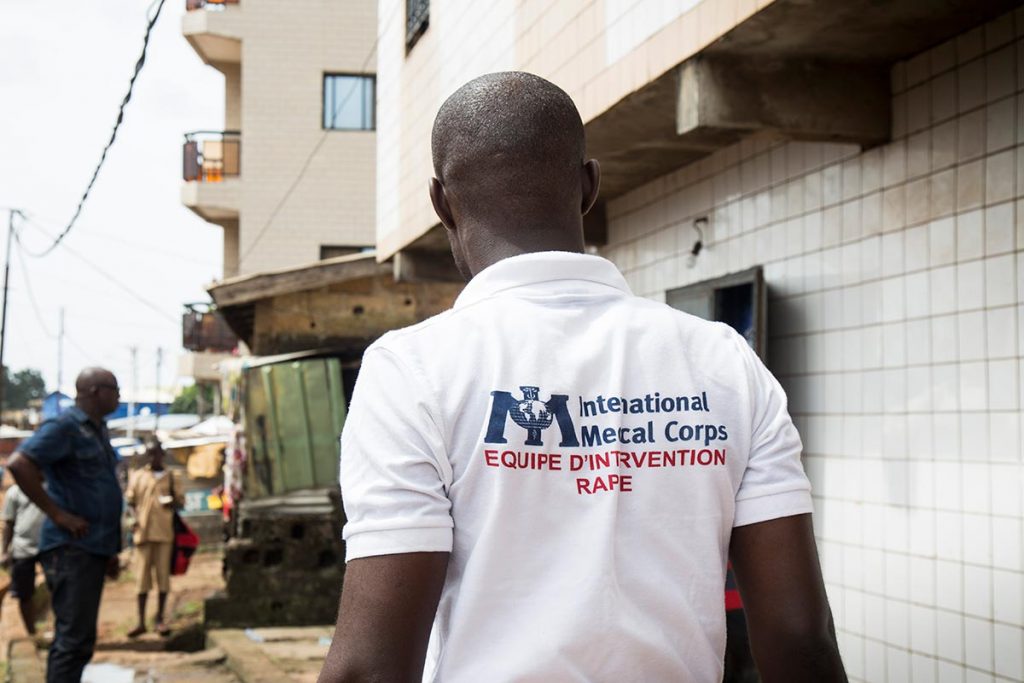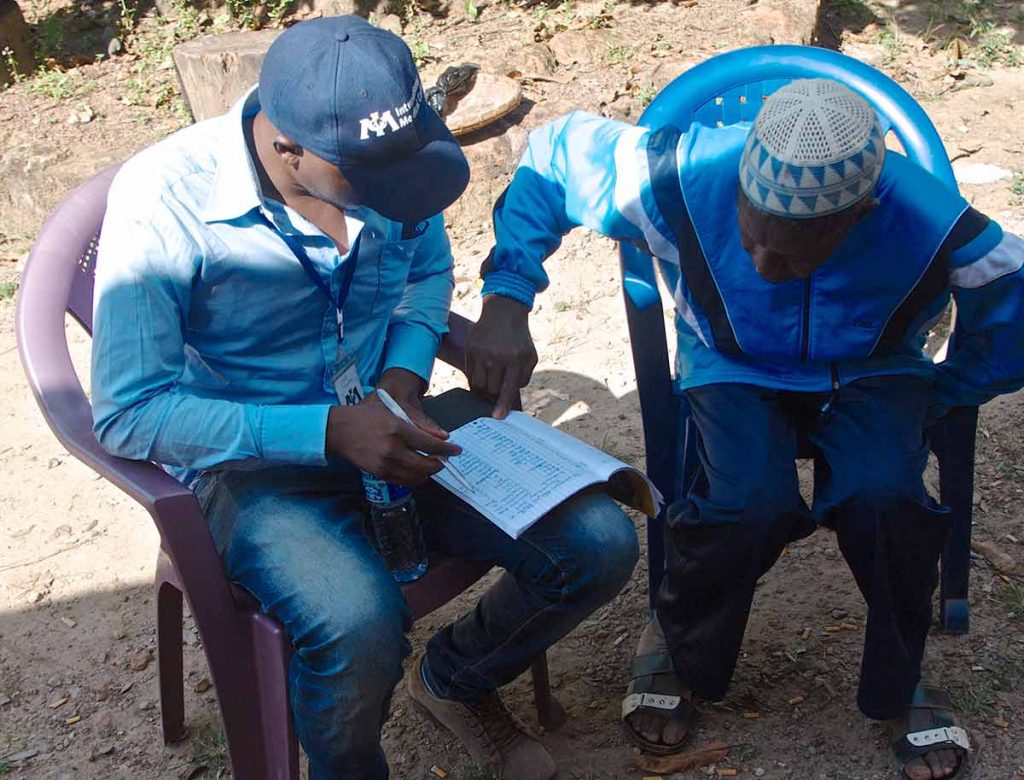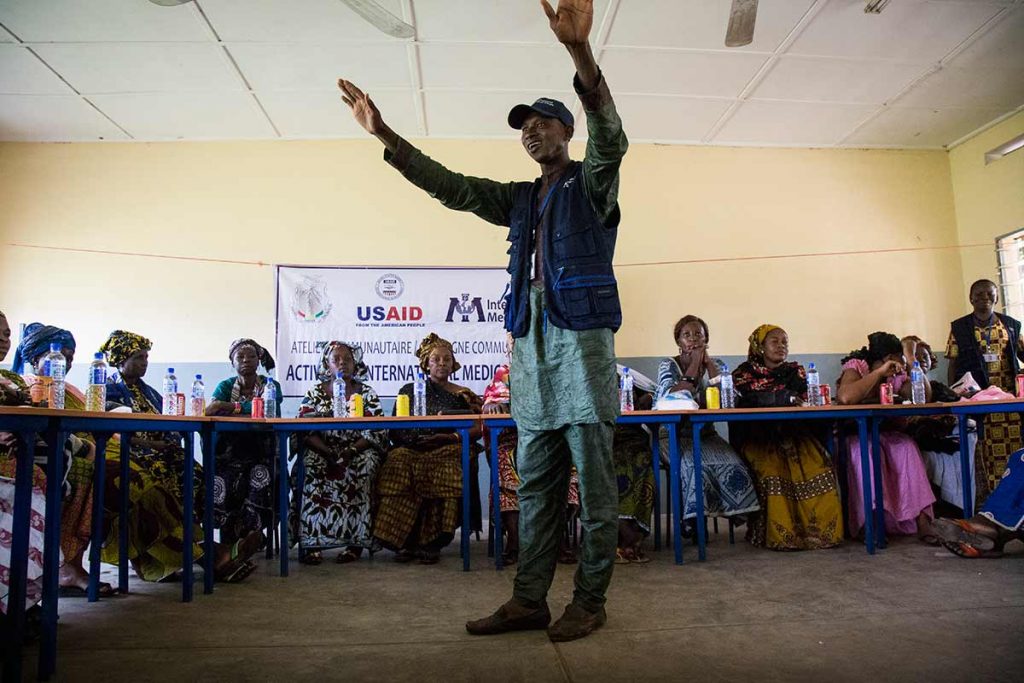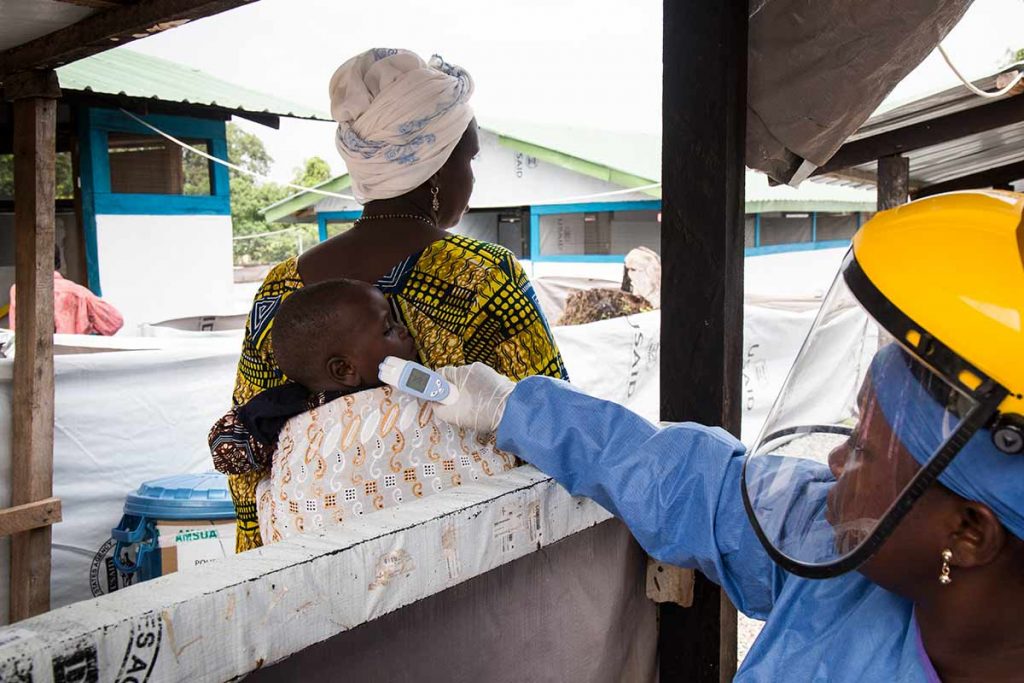The numerous measures taken to contain the Ebola epidemic in Guinea during the last two years have finally yielded results: the country was finally declared Ebola-free on December 29. But to get to this point, the international community had to work hard to dispel false beliefs about the virus and promote health-seeking behaviors. The population’s resistance – along with a severely deficient health system – posed significant challenges at every step.

The ripple effects of Ebola were many; but what really happened in Guinea during the worst Ebola outbreak in history?
For one, many isolated communities were already impoverished before the epidemic and now they lost everything. Severely hit by the Ebola outbreak, the Guinean population has, to this day, not been able to fully rebound from this trauma. At the height of the crisis, traders avoided villages where the population had been decimated by the disease, and restrictions on freedom of movement, as well as social stigmatization, further compounded the problem.

During the epidemic, the few people who did manage to plant crops could not sell them, as outsiders feared that even their groceries could be contaminated. In some cases, this fear led to the collapse of entire market systems, particularly in remote areas cut off from major trading hubs.
“We were in a crisis,” one villager from Boké prefecture explained to me. “We had nothing here. No one was getting out of the house.”
In addition, since knowledge of the disease remained limited within local communities, many feared to provide any form of assistance to sick persons for fear of contracting Ebola themselves. To this day, particularly in rural areas, survivors are still ostracized.
I recently met a man who had lost his wife and several children to Ebola. The consequences of his loss are insurmountable: he has not only been deprived of his loved ones, but also of respect in his village. Although medical workers shared the tragic news with the community at large, his neighbors often ridicule him, arguing that he had sold off his entire family. This is but one example – the cases of stigmatization of Ebola victims and their families are endless in Guinea.
On the other hand, the ripple effects of Ebola seem to go beyond stigma and devastation. While Ebola was undoubtedly the most serious problem facing the country in recent years, it has nevertheless brought about a certain paradigm shift in people’s mentality, as well as in women’s roles in the community. For instance, women in general have become more aware of epidemic disease prevention methods. They now manifest a strong sense of urgency to protect their families from falling ill due to improper hygiene.

Communities across the country have also mobilized to fight Ebola, with prevention measures put in place, such as mandatory hand washing before general meetings or avoiding physical contact with people with Ebola-like symptoms. These are the foundations on which International Medical Corps will build its future programming as it continues to remain vigilant in the event of future outbreaks.
Ultimately, the people of Guinea recognize that while Ebola was “a curse,” it also allowed them to better understand their own vulnerability and paved the way for them to build a strengthened public health system. It is this awareness and momentum that International Medical Corps will harness in supporting successful community surveillance and health systems strengthening during Guinea’s transition to a post-Ebola context.

Ebola has left its tragic mark, but also a legacy: that of remaining at all times prepared to respond to – or prevent – any potential future epidemic outbreaks, as well as the imperative to facilitate the population’s access to safe and reliable medical services.